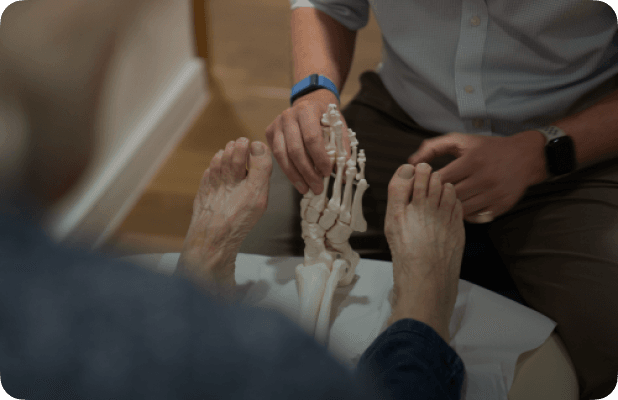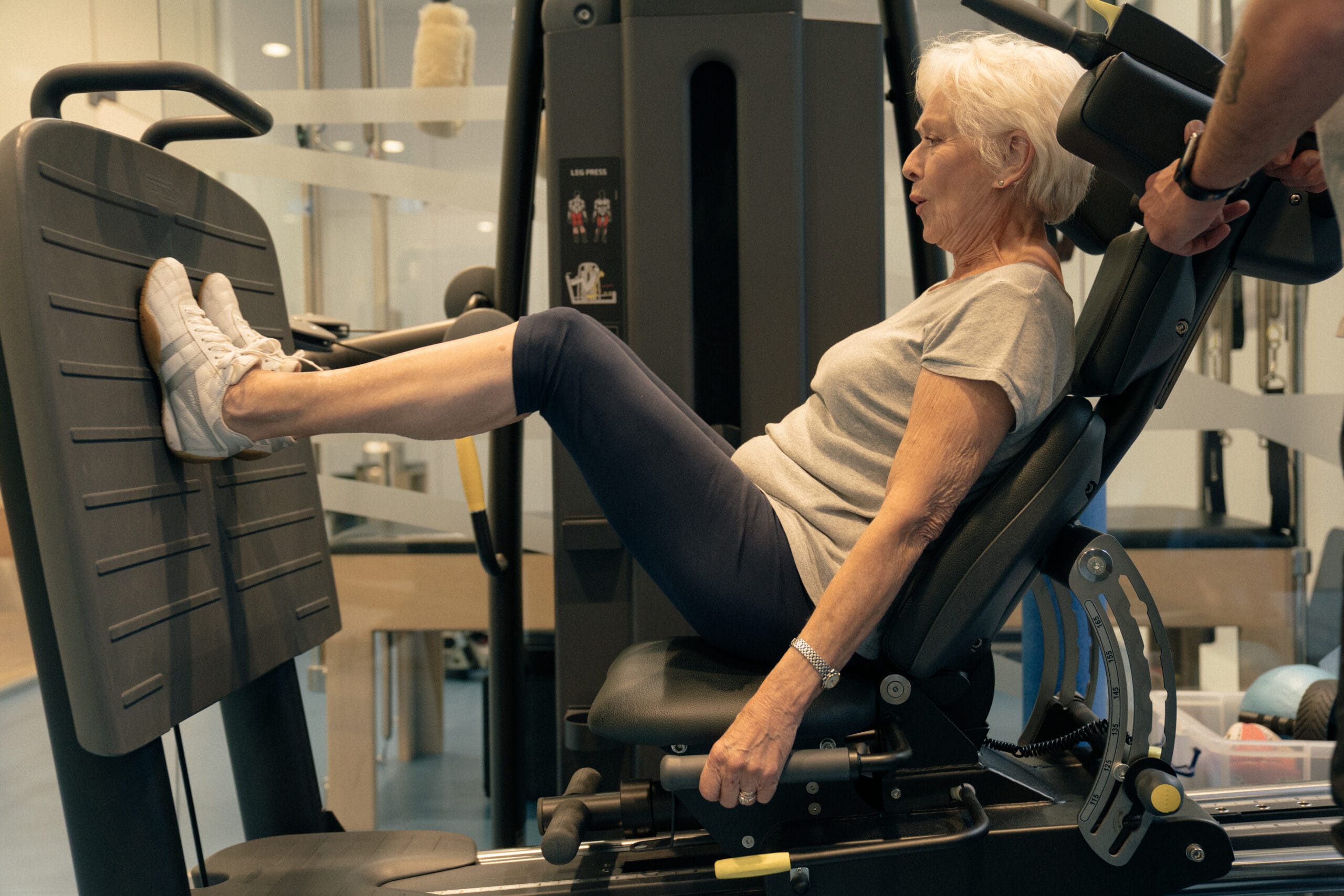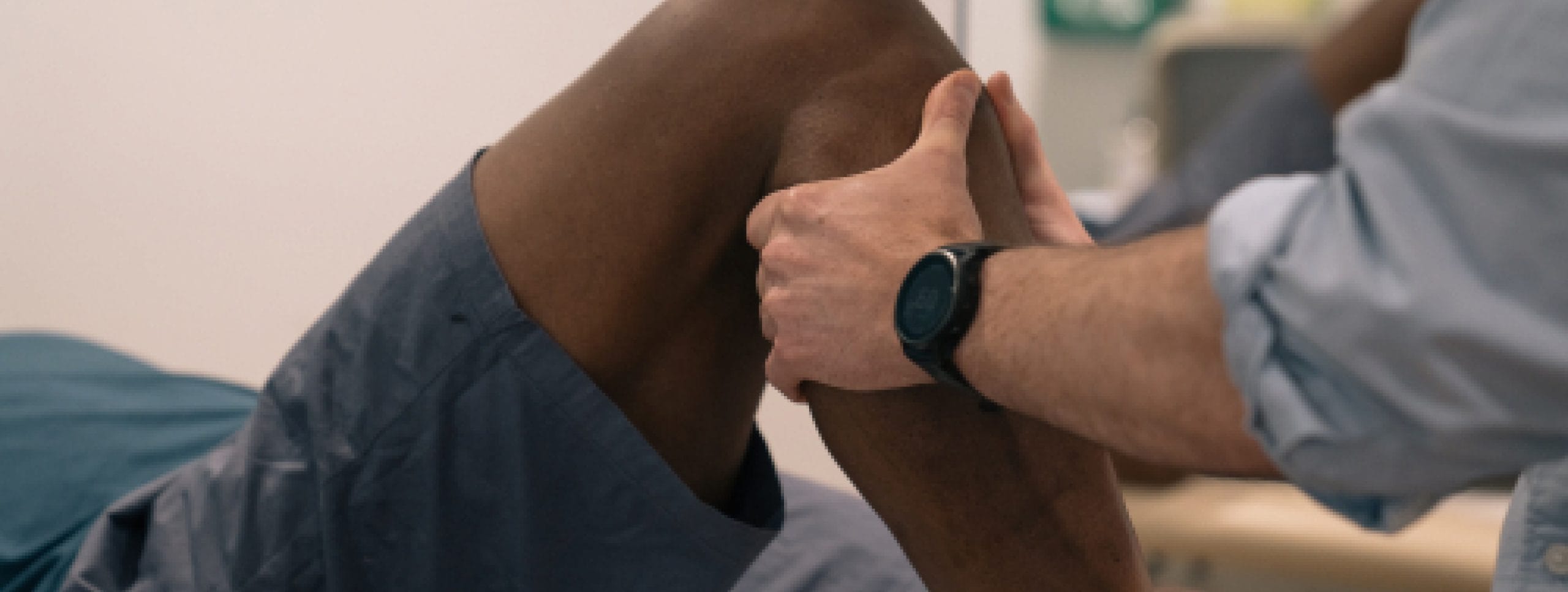
Cancer Rehab
Cancer survivors and those going through treatment deserve the best quality of life possible, and our experts are experienced in offering supportive treatment and care to those managing cancer.
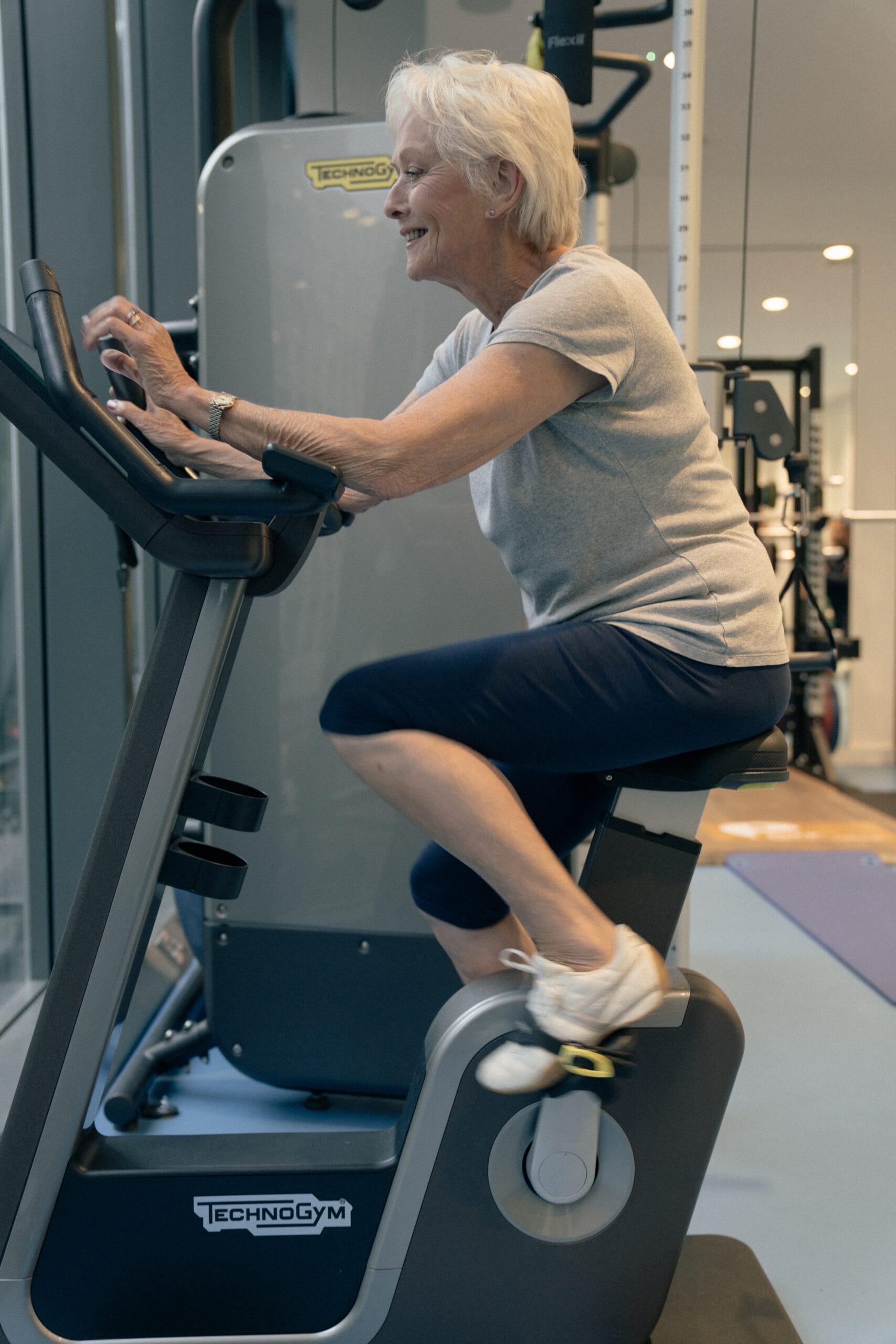
When you come to see one of our Cancer Rehab specialists, within your treatment plan you will receive information, advice and guidelines to help you manage your day-to-day away from the clinic, so you can feel more independent.

It is expected that 50% people in the UK born after 1960 will get cancer, and we want to help as many people as possible live the active life they deserve both during and after treatment because, having worked with various cancer patients, we know first hand how Sports Medicine can support those living with cancer.
Working alongside London’s top Oncology teams and diagnosticians such as The Clinic by Spotlight Health, who offer clinical hours on Fridays at our Bank clinic, our aim is to support your recovery and management, to keep movement in your routine.
Get in touch to find out moreCancer Rehab Specialists

Cancer affects 1 in 2 people in the UK

A diagnosis of cancer alongside the various treatments offered can result in a multitude of side effect experiences. Cancer survivors can experience side effects for many years after their diagnosis and treatment, such as long lasting fatigue and loss of independence. These can result in declining physical function and quality of life.
But all is not lost, there is evidence to show that both cancer survivors, those undertaking treatment and those with a diagnosis who are awaiting the beginning of their treatment, can safely engage in exercise to improve physical fitness, function and quality of life to mitigate cancer-related symptoms. In fact, exercise has been shown to reduces risk of recurrence by an average of 30% when comparing active survivors to inactive ones.
In our own experience, those who are able to exercise respond very positively to even very low level physical activity.
Patients who have used our Cancer Rehab service have reported improved mood, energy, and physical function as early as after the first session.
Your body is your most important investment, and it deserves more. Make sure you get the tailored care and treatment your individual case requires.
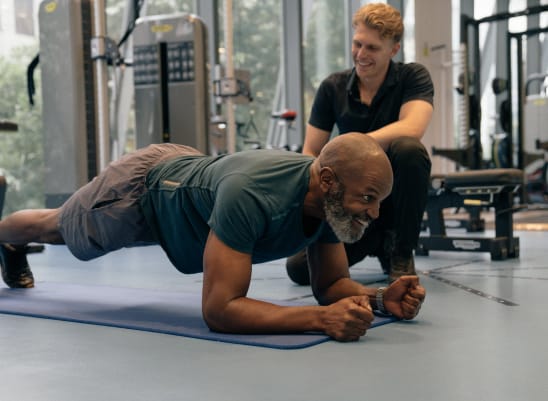
-
Work with a dedicated team of specialists, tailored to meet your specific needs and goals.
-
We combine over 1,000 years of expert experience in musculoskeletal healthcare and elite sport.
-
We are covered by all major insurers and also offer flexible self-pay options for added convenience.
Your Journey with Pure
Everything we do is personalised to you. Whether your goal is to run a marathon or simply walk up the stairs comfortably, we’ll deliver the correct diagnosis and tailored treatment you need to get there so that you can perform at your best and prevent reoccurrence.
Physical Activity & Breast Cancer
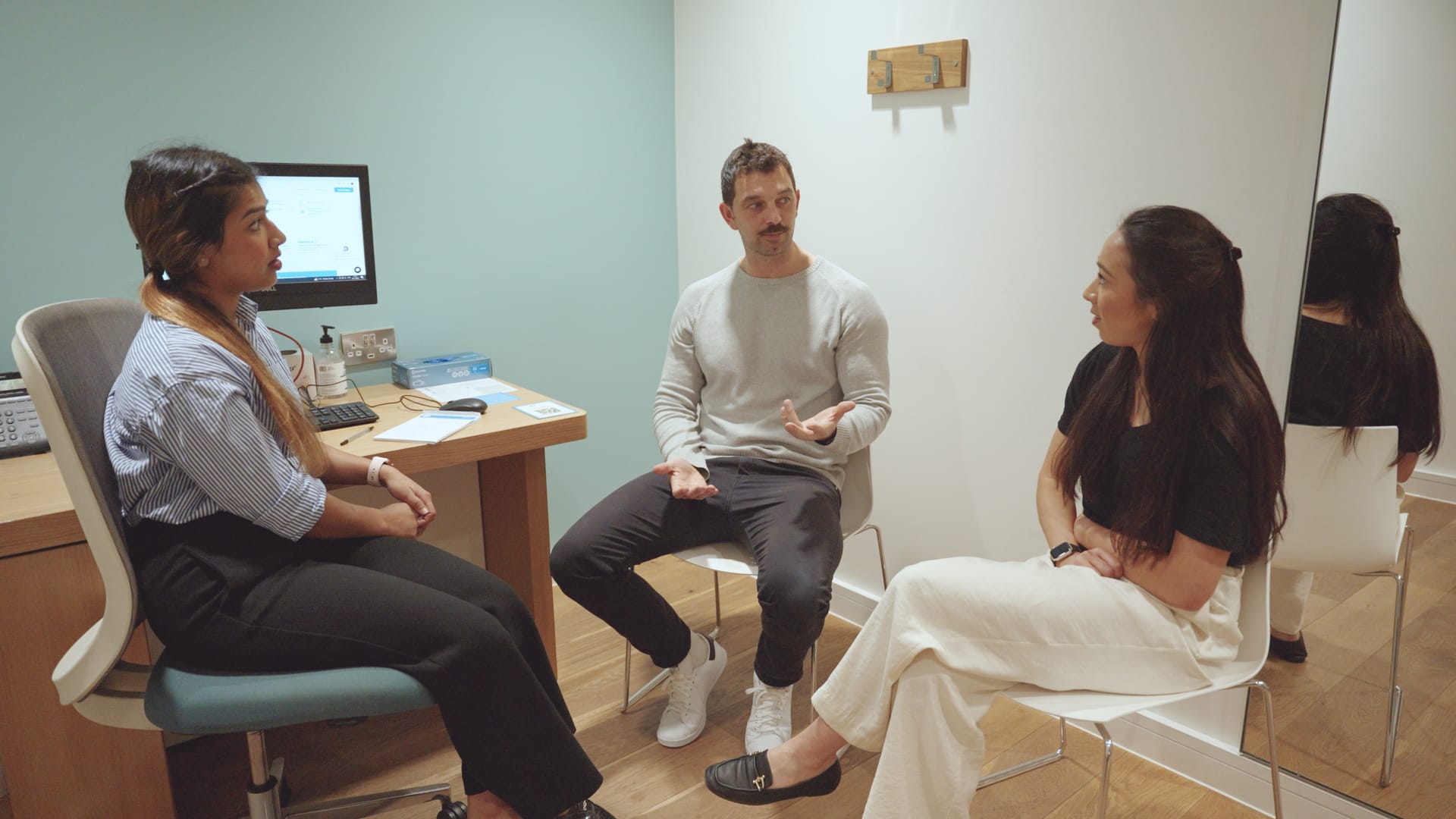
Frequently asked questions
Supervised moderate intensity aerobic exercise at least 3 times per week for at least 8-12 weeks is found to be the most effective exercise prescription to consistently address health-related outcomes experienced due to cancer diagnosis and treatment.
Including resistance training least twice per week can also provide similar benefits.
Activities such as Pilates and Yoga have been shown to improve quality of life and reduce fatigue.
Other forms of exercise, like recreational sports, HIIT workouts, and wall climbing are currently being researched in more depth to see if they can also support cancer survivors and those going through treatment in a similar way.
It’s important to acknowledge that progress may not be linear, and your feelings of energy, pain, or fatigue may fluctuate somewhat as the weeks go on. But don’t be disheartened, that is completely normal and will depend on your specific circumstances. Physiological treatments, side effects, and demographic factors will have an effect in your response to exercise day-to-day and week-to-week.
That does not mean the progress is not there, quite the opposite. Progress on all accounts is not always linear, but the goal remains, to keep movement and activity within our function, supporting our bodies as they recover.
As with most things when it comes to exercise prescription – it depends. There are cases where exercise is not suitable, so it is important that we know the type and stage of cancer.
This can be discussed at your initial consultation. That way your clinician can apply their knowledge of the treatment option and any potential side effects in order to gauge the impact on your symptoms and ability to exercise.
Therefore, you should be assessed against pre-participation guidelines to evaluate your ability to safely exercise.
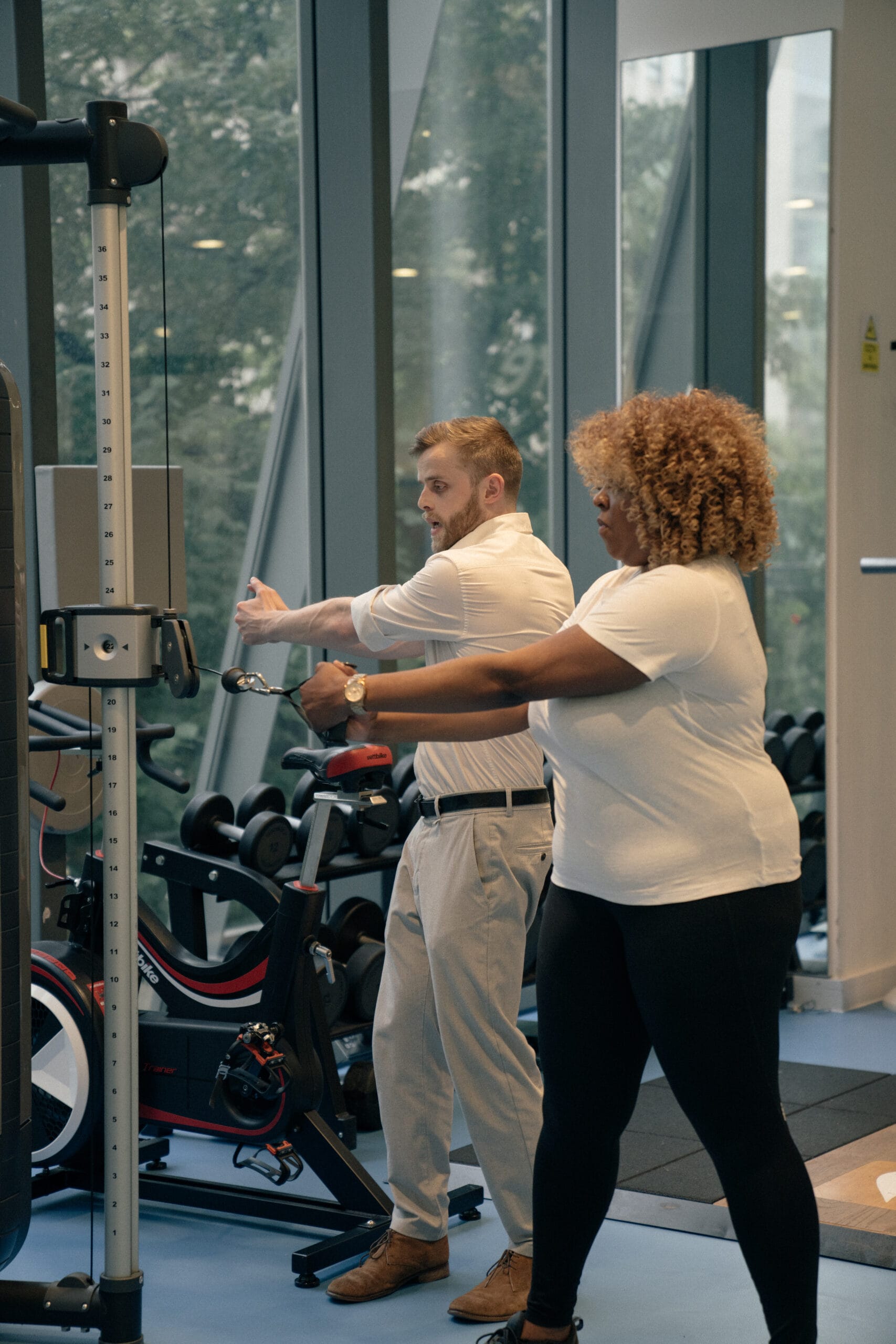
There is strong evidence that cancer-related fatigue, anxiety and depression reduce, and health-related quality of life and physical function increase when participating in suitable exercise during and after treatment.

Our Pilates Instructors, accredited Strength & Conditioning Coaches and Exercise Physiologists are able to advice on the best course of treatment and exercise for where you are in your journey and how you are feeling. We also have Consultants trained in Rehabilitation Medicine with experience in the rehabilitation of patients with complex injury and illness, such as cancer.
Following your initial assessment, we’ll also complete a comprehensive assessment of all components of health-related physical fitness with specific cancer considerations, in order to create your individualised exercise programme.
For those going through active treatment, we will work closely with your oncology team, ensuring they are fully aware of our supportive treatment throughout your journey. However you are feeling, it is important to discuss this with your clinician throughout your treatment so that they can adjust the programme as and when needed.








